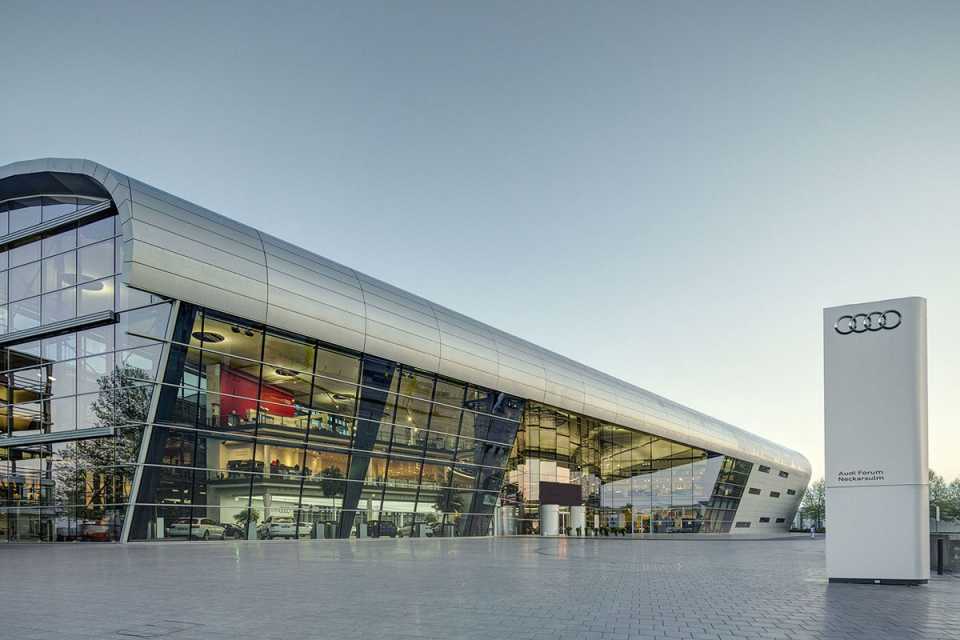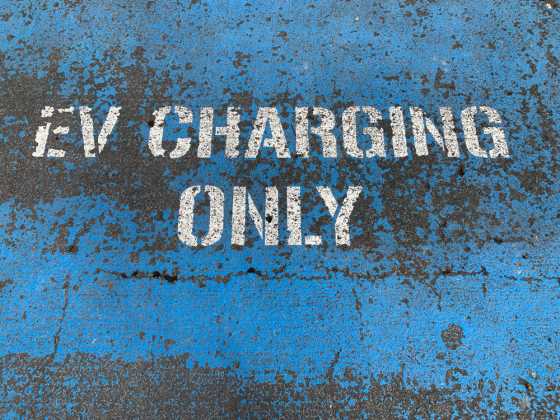Hyundai and Audi to work together on hydrogen

Hyundai Motor Group and Audi AG will work together to bring hydrogen fuel cell models to volume production.
The two companies plan to cross-license patents and grant access to non-competitive components, with an agreement is currently subject to approval from the applicable regulatory authorities.
Peter Mertens, board member for technical development at Audi, said: "The fuel cell is the most systematic form of electric driving and thus a potent asset in our technology portfolio for the emission-free premium mobility of the future."
“On our FCEV roadmap, we are joining forces with strong partners such as Hyundai. For the breakthrough of this sustainable technology, cooperation is the smart way to leading innovations with attractive cost structures.”
Within the Volkswagen Group, Audi's Fuel Cell Competence Center is located at the Neckarsulm site. At the beginning of the next decade, Audi will introduce the first fuel cell model as a small series production. The cross-license agreement with Hyundai is focused on the next development stage intended for a broader market offering.
Audi has been working on fuel cell concepts for almost 20 years. The first test vehicle was the compact Audi A2H2 in 2004, followed by the Audi Q5 HFC in 2008. The 2014 Audi A7 Sportback h-tron quattro introduced the “h-tron” suffix for models with fuel cell technology. The Audi h-tron quattro concept study was presented in 2016.
Euisun Chung, Vice Chairman at Hyundai Motor Company, said: “We are confident that our partnership with Audi will successfully demonstrate the vision and benefits of FCEVs to the global society,” says Euisun Chung, Vice Chairman at Hyundai Motor Company. “This agreement is another example of Hyundai’s strong commitment to creating a more sustainable future whilst enhancing consumers’ lives with hydrogen-powered vehicles, the fastest way to a truly zero-emission world.”
Key to the future market success of fuel cells vehicles are the regenerative production of hydrogen and the establishment of a sufficient infrastructure.



